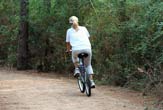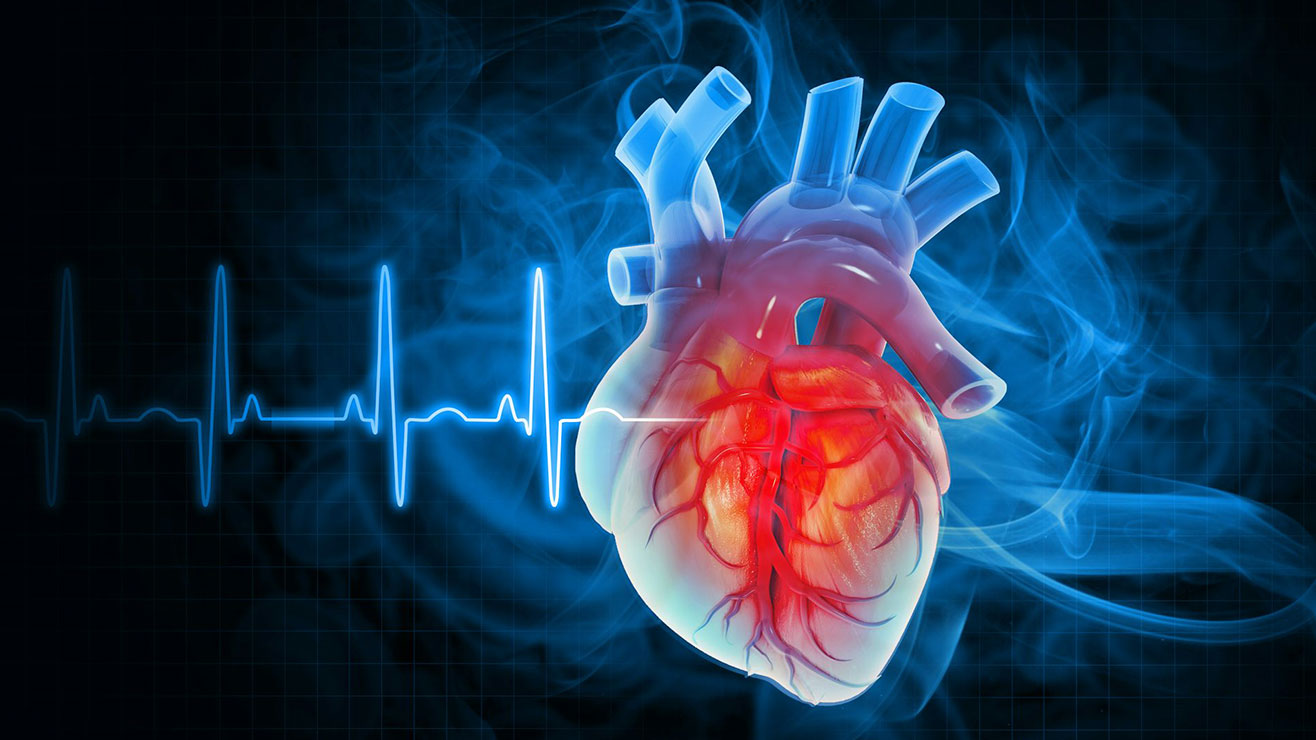Biking Can Make Women's Genitals Less Sensitive

Women who bicycle frequently run the risk of decreased sensitivity in their genitals as well as pain, a new study suggests.
Researchers compared 48 women competitive cyclists to 22 women runners. The bicyclists consistently rode at least 10 miles per week, and the runners logged at least five miles a week. The runners were used as a control group of active women not exposed to the direct pressure in the perineal region.
"We found that competitive women cyclists have a decrease in genital sensation," said lead author Dr. Marsha Guess, an assistant professor of obstetrics and gynecology at Yale School of Medicine. "However, there were no negative effects on sexual function and quality of life in our young, healthy pre-menopausal study participants."
About 13 million American women bicycle regularly, the researchers say.
While health benefits of bicycling are many, the activity has also been linked to neck and back pain, injuries from chafing, and other ailments that affect both sexes. Past studies, including one authored by National Institute for Occupational Safety and Health co-investigator Steve Schrader, have found an association between bicycling and erectile dysfunction and genital numbness in men.
"This is the first study to evaluate the effects of prolonged or frequent bicycling on neurological and sexual function in women," Guess said. "While seated on a bicycle, the external genital nerve and artery are directly compressed. It is possible that chronic compression of the female genital area may lead to compromised blood flow and nerve injury due to disruption of the blood-nerve barrier."
The study is detailed in the current issue of the Journal of Sexual Medicine.
Get the world’s most fascinating discoveries delivered straight to your inbox.
- The Most Important Exercise Tip
- The Pain Truth: How and Why We Hurt
- Life's Little Mysteries



